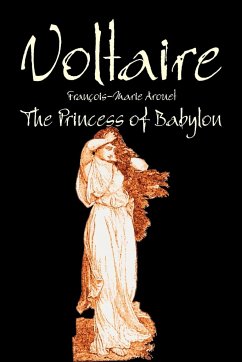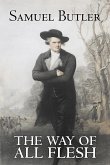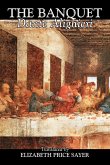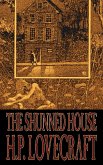But what was more admirable in Babylon, and eclipsed everything else, was the only daughter of the king, named Formosanta. It was from her pictures and statues, that in succeeding times Praxiteles sculptured his Aphrodita, and the Venus of Medicis. Heavens! what a difference between the original and the copies! King Belus was prouder of his daughter than of his kingdom. She was eighteen years old. It was necessary she should have a husband worthy of her; but where was he to be found? An ancient oracle had ordained, that Formosanta could not belong to any but him who could bend the bow of nearly-mythic Nimrod. Three kings came to try to bend Nimrod's storied bow -- rulers from Egypt, and India, and Scythia -- but also came a young man not of royal mien, upon a unicorn.
Hinweis: Dieser Artikel kann nur an eine deutsche Lieferadresse ausgeliefert werden.
Hinweis: Dieser Artikel kann nur an eine deutsche Lieferadresse ausgeliefert werden.








